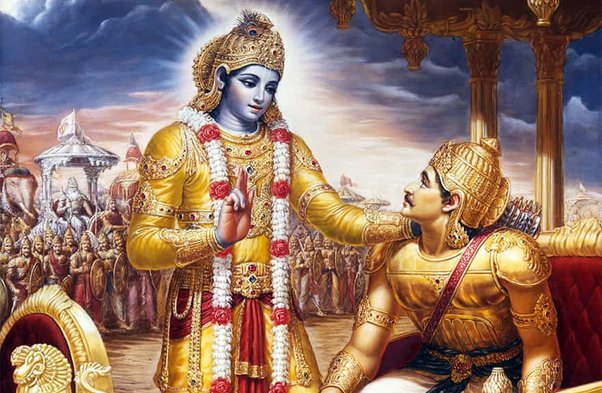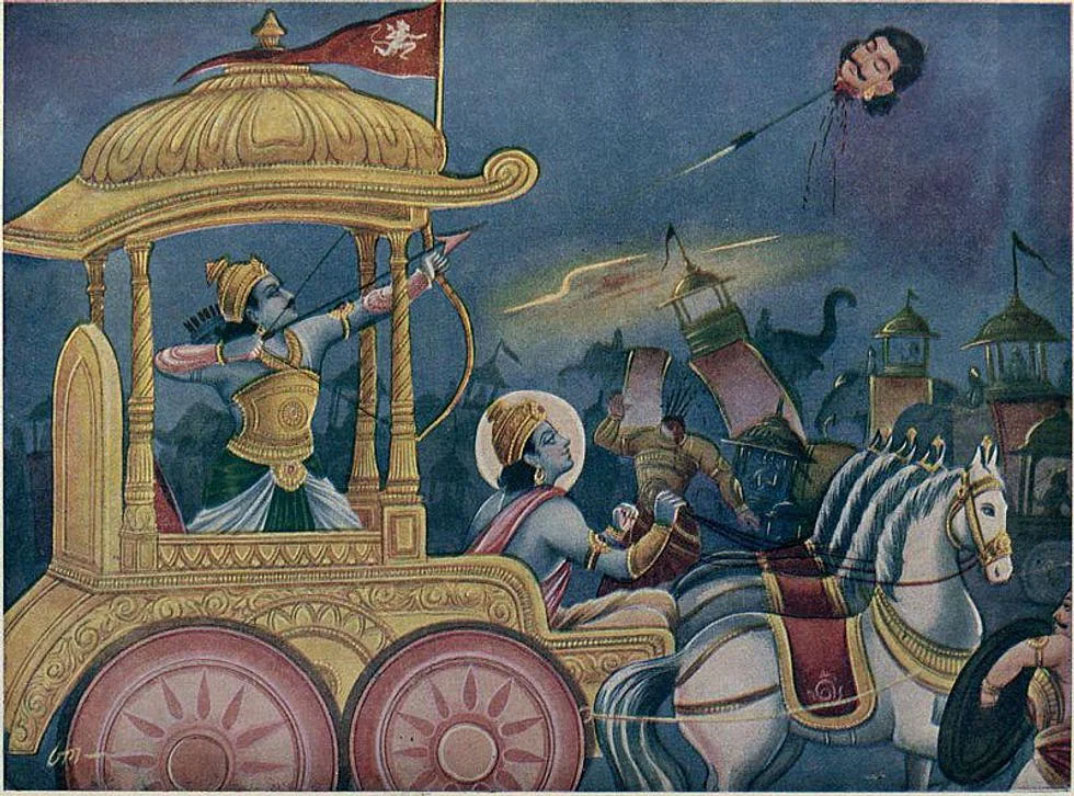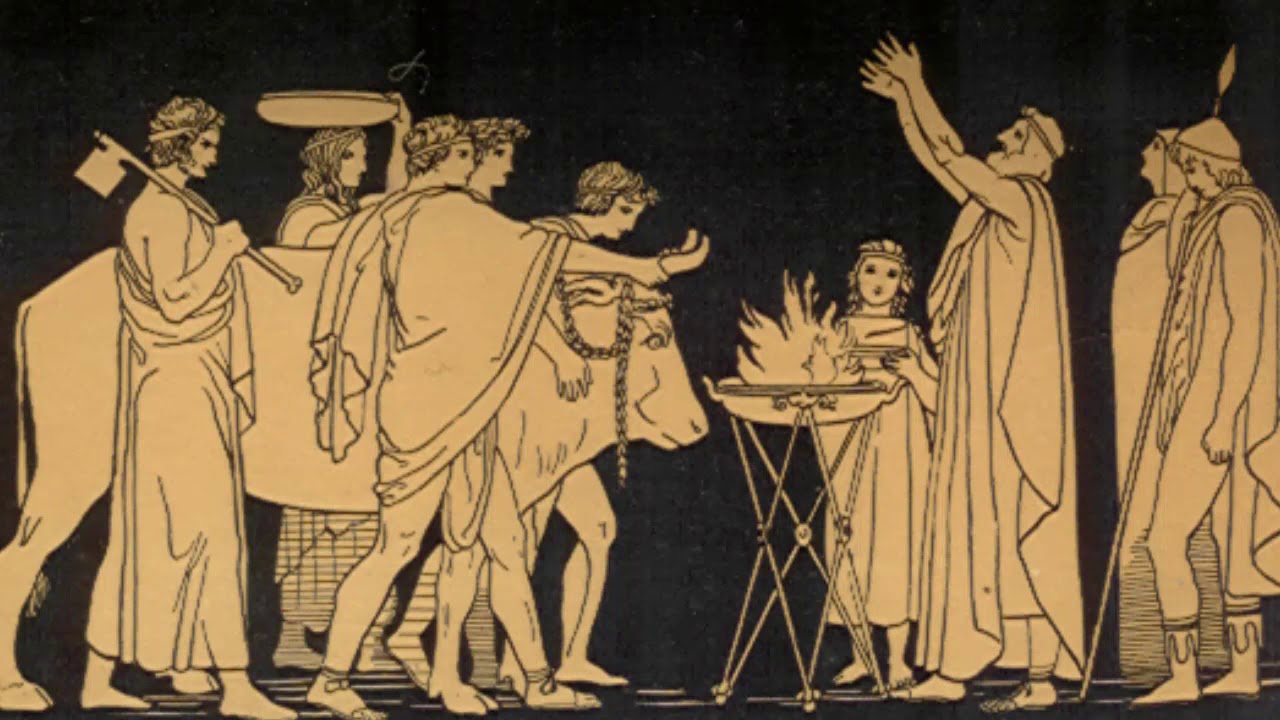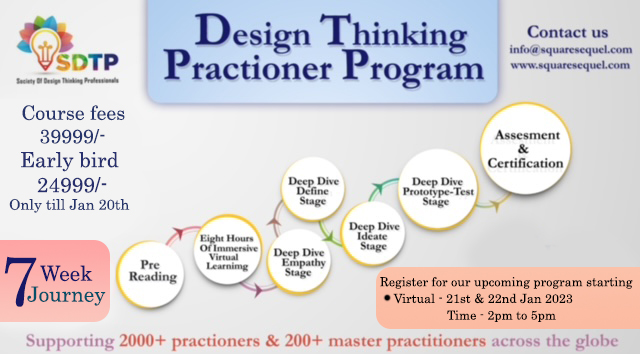In the intricate tapestry of leadership, where decisions shape destinies and actions ripple through organizations, the role of mentorship emerges as a guiding thread—an indispensable force that fuels growth, nurtures potential, and shapes the very fabric of leadership excellence. Just as a lighthouse guides ships through treacherous waters, mentors illuminate the paths of aspiring leaders, infusing their journey with wisdom, perspective, and invaluable insights.
Picture a young professional standing at the threshold of leadership, a realm of challenges and responsibilities. Their vision is clear, their determination unwavering, yet the path ahead seems both alluring and daunting. It is at this very moment that a mentor steps in, a seasoned navigator who has sailed these seas before. Together, they embark on a transformative journey that transcends the boundaries of time and forges a unique bond—an alliance between experience and aspiration.
Mentorship is a beacon of light, an enduring tradition that has spanned cultures, industries, and generations. From the ancient courts of monarchs to the boardrooms of modern corporations, the dance of mentor and mentee has played out, a pas de deux of knowledge, empathy, and growth. The power of mentorship resides not merely in the transmission of facts but in the art of igniting potential and fanning the flames of curiosity and resilience.
“We are not makers of history, we are made by history.”
— Martin Luther King Jr.
Like an ancient tome, history narrates stories that transcend time, stories that resonate across civilizations and eras. Among these tales, a recurring motif emerges—the enduring importance of ‘mentorship.’ From the dawn of human civilization, mentorship has etched its mark, evolving from humble beginnings to becoming a cornerstone of cultural and personal growth.
In the heart of ancient societies, mentorship was not just a concept; it was a way of life. From the tribal elders who imparted wisdom to the young, to the master craftsmen who passed on their skills, mentorship was the lifeblood of knowledge transfer. This ancient practice sowed the seeds for cultures to flourish and evolve.
Consider the apprenticeship in the workshops of antiquity—an intricate dance of mentor and mentee. Masters took fledgling craftsmen under their wings, sharing secrets, techniques, and a sense of belonging. The legacy of mentorship in these settings not only preserved artistry but also infused it with innovation, as each generation built upon the foundation of the one before.
As societies shifted and civilizations rose and fell, mentorship persevered. In the philosophical courts of ancient Greece, luminaries like Socrates guided the minds of young philosophers, their dialogues breathing life into the pursuit of knowledge. Across continents, ancient texts tell of royal courts where advisors mentored future leaders, imparting governance and the wisdom to wield power responsibly.
Fast forward to the Renaissance—a period of enlightenment and cultural rebirth. Visionaries like Leonardo da Vinci nurtured apprentices, igniting the flame of curiosity that illuminated their works. The mentorship relationships of this era reveal a glimpse into the forging of innovative minds, where the guidance of a mentor sculpted the future of art, science, and society.
Throughout history, mentorship evolved from a necessity to a treasured tradition. It became the bridge between generations, the conduit through which knowledge, values, and ambitions flowed. It paved the way for societal progress, where innovation and growth were nurtured in the crucible of wisdom passed down through the ages.
In the pages that follow, we will embark on an exploration of the purpose of mentorship for leaders. We will delve into the stories of mentors and mentees who have shaped industries, transformed cultures, and left an indelible mark on the archives of leadership history. Through these narratives, we will uncover the multifaceted levels of mentorship—the role of listening, the art of constructive feedback, and the balance between challenge and support.
As we journey through these tales, we invite you to reflect on your own journey as a leader, as a mentor, or as a mentee. How has guidance shaped your path? What lessons can you distill from the experiences of those who have navigated the leadership landscape before you? Ultimately, the power of guidance lies not only in its impact on individuals but in its ripple effect—a wave of leadership excellence that reverberates through teams, organizations, and entire industries.
In this exploration, we will uncover the transformative potential of mentorship—the catalyst it provides for personal growth, the avenue it opens for dialogue across generations, and the legacy it leaves behind. Prepare to delve into the heart of mentorship’s purpose, where the torchbearers of wisdom empower the leaders of tomorrow.
Within the epic canvas of the Mahabharata, a tale of unprecedented grandeur and depth, an intimate narrative unfolds—a story of mentorship that transcends time and resonates with the eternal struggles of humanity.
At the heart of this narrative stands Lord Krishna, the divine charioteer, and mentor, guiding the conflicted warrior Arjuna through the tumultuous battlefield of Kurukshetra. Their dialogue, a discourse on duty, morality, and the essence of life itself, forms the sacred scripture known as the Bhagavad Gita. In this timeless mentorship, Lord Krishna’s profound insights and guidance transformed Arjuna from a state of moral dilemma to a resolute warrior ready to fulfill his destiny.
Nurturing the Warrior’s Soul

Lord Krishna, the eighth incarnation of Lord Vishnu, stands as a multifaceted and unparalleled figure in Hindu mythology. His character embodies a harmonious fusion of diverse roles, making him an epitome of perfection. Krishna’s persona resonates with a multitude of virtues that continue to captivate hearts and minds across generations. His influence transcends time, earning him an exalted status as the most revered deity among the pantheon of gods and goddesses within Hinduism.
As the impending battle, which later became known as the Mahabharata, loomed on the horizon, both sides sought to secure alliances with like-minded kings and leaders. Among the potential allies, Sri Krishna, the ruler of Dwarka, stood out due to the might of his Yadav army and his reputation as a master strategist and diplomat. Fate played a role when both Arjun and Duryodhan arrived at Sri Krishna’s palace simultaneously, each seeking his alliance. Interestingly, Krishna was resting at that moment, and when he woke up, his gaze fell upon Arjun, who was sitting at his feet. This chance encounter led to a significant decision that Krishna presented to the cousins.
Krishna gave them a choice: he offered the mighty Yadav army to one camp and his personal services to the other. Arjun, without hesitation, chose Krishna’s wisdom and guidance over the formidable Yadav army, despite Krishna’s vow not to bear arms in battle. This decision, much to Duryodhan’s satisfaction, ultimately highlighted Arjun’s foresight. Subsequent events during the battle only confirmed the wisdom of Arjun’s choice.
Krishna’s role extended beyond that of Arjun’s charioteer during the battle. He assumed the mantle of Arjun’s mentor, providing gentle guidance and counsel at every juncture. This mentorship dynamic transcends time, setting a timeless example for the concept of mentoring even in today’s world.
Krishna’s guidance and support throughout the Mahabharata, from the critical choice in his palace to his pivotal role on the battlefield, epitomize an enduring mentor-mentee relationship. This relationship resonates in modern discussions on mentoring, symbolizing the depth of guidance and wisdom that a mentor can offer, and the profound impact it can have on shaping the course of events and individuals’ destinies.
How Did Lord Krishna’s Guidance Shape Arjuna’s Path?

As the eve of the great battle of Kurukshetra approached, Arjuna, one of the Pandava princes and a skilled warrior, found himself overwhelmed by a deep moral and emotional crisis. Standing on the battlefield, he faced the prospect of fighting against his own kin, friends, and revered elders. The weight of his duty as a warrior clashed with the values of compassion and familial bonds. Overwhelmed by conflicting emotions and the gravity of the impending conflict, Arjuna was paralyzed by doubt and sorrow.
It was in this moment of inner turmoil that Arjuna turned to Lord Krishna, his charioteer and confidant, for guidance. He recognized Krishna’s wisdom, divine insight, and unique ability to offer clarity in the face of complexity. Arjuna sought not only strategic counsel but also a deeper understanding of his moral dilemma and the purpose of life itself.
Lord Krishna’s Guiding Influence
Lord Krishna, known for his profound philosophy and divine perspective, responded to Arjuna’s distress with a discourse that has since been known as the Bhagavad Gita. In this timeless dialogue, Krishna provided Arjuna with insights that went far beyond the battlefield. He illuminated the concepts of duty (dharma), the transient nature of life, and the significance of selfless action.
Lord Krishna’s guidance shaped Arjuna’s path in several transformative ways:
Transcending attachments
“Karmanye vadhikaraste ma phaleshu kadachana,
Ma karma-phala-hetur bhur ma te sango ‘stvakarmani.”
“You have a right to perform your prescribed duties, but you are not entitled to the fruits of your actions.
Never consider yourself the cause of the results of your activities, and never be attached to not doing your duty.”
Krishna’s introduction of the concept of detachment (vairagya) to Arjuna was a pivotal teaching that went beyond the immediate battlefield and encapsulated a profound life philosophy. Krishna emphasized that while it is natural for human beings to engage in various roles and responsibilities, the attachment to the outcomes of those actions can lead to suffering. By detaching oneself from the results, individuals can perform their duties without being consumed by desires, fears, or anxieties about success or failure.
This teaching empowered Arjuna to rise above his emotional turmoil. Instead of being swayed by his affection for family and friends on the opposing side, he could now approach his duties with equanimity. Detachment allowed Arjuna to engage in action without the burden of excessive emotional baggage, enabling him to make decisions with a clear and composed mind.
Renunciation of Ego
“Ahankaram balam darapam kamaṁ krodham parigraham,
Vimuchya nirmamah śānto brahma-bhūyāya kalpate.”
“Freeing oneself from ego, strength, pride, desire, anger, and possessiveness,
Being tranquil, without ownership, one attains the state of Brahman.”
Krishna’s emphasis on selflessness and the renunciation of ego was a profound lesson in humility and inner freedom. He guided Arjuna to understand that actions performed with a sense of ego, driven by personal pride or the desire for recognition, lead to bondage and further entanglement in the cycle of desires. On the other hand, actions executed with dedication and a sense of duty, without seeking personal gain or validation, lead to liberation.
This teaching invited Arjuna to transcend his ego-driven concerns and consider the broader welfare of society and the world. It enabled him to align his actions with a higher purpose and fostered a sense of humility that liberated him from the confines of his individual desires.
Recognition of the Eternal Soul
“Nainaṁ chindanti śastrāṇi nainaṁ dahati pāvakaḥ,
Na chainaṁ kledayantyāpo na śoṣayati mārutaḥ.”
“The soul cannot be pierced by weapons, burned by fire, moistened by water, nor dried by the wind.”
Krishna’s revelation of the eternal nature of the soul (atman) and its transcendence of the physical body brought a profound shift in Arjuna’s perspective on life and death. Krishna explained that just as a person discards old clothes and wears new ones, the soul discards the worn-out body and takes on a new one. This insight shattered the fear of mortality, offering Arjuna a broader understanding of the continuity of life beyond the physical realm.
This teaching provided solace to Arjuna’s fears and dilemmas about killing in battle. By recognizing the soul’s imperishable essence, Krishna gave Arjuna the courage to fulfill his duty as a warrior while understanding the eternal nature of life beyond the transient physical existence.
Path to Spiritual Growth
“Yogasthaḥ kuru karmāṇi saṅgaṁ tyaktvā dhanañjaya,
Siddhy-asiddhyoḥ samo bhūtvā samatvaṁ yoga uchyate.”
“Perform your duties established in yoga, O Dhanañjaya (Arjuna), abandoning attachment,
Being equipoised in success and failure, such equanimity is called yoga.”
Krishna’s guidance toward self-realization and spiritual growth was a call to elevate one’s consciousness and connect with the deeper essence of existence. He encouraged Arjuna to cultivate wisdom through self-discipline and devotion. By cultivating wisdom, Arjuna could discern the transient nature of the material world and the enduring value of spiritual truths.
Krishna’s teachings guided Arjuna toward a higher state of consciousness, reminding him that by dedicating actions to a higher purpose and seeking spiritual enlightenment, he could transcend the mundane and attain a profound sense of fulfillment.
Lord Krishna’s role as Arjuna’s mentor goes beyond that of a charioteer or a strategist. He assumes the role of a spiritual guide, leading Arjuna from darkness to light, from confusion to clarity. The dialogue encapsulates the essence of mentorship itself—a transformative relationship where a mentor imparts wisdom, inspires courage, and fosters personal growth in the mentee.
In today’s world, where individuals grapple with complex moral dilemmas, conflicting responsibilities, and the pursuit of meaning, the teachings of Krishna remain as relevant as ever. The Gita’s message serves as a guidepost for leaders, decision-makers, and seekers alike. It teaches us that while life’s challenges may differ, the principles of duty, detachment, humility, and self-realization are timeless truths that can illuminate our paths and lead us toward a more purposeful existence.
In closing, the mentorship of Lord Krishna and his timeless guidance to Arjuna reminds us that the pursuit of wisdom, righteousness, and spiritual growth is a journey that transcends the boundaries of time and space. As we navigate the complexities of our own lives, we are invited to internalize the lessons of the Gita and embrace the transformative power of mentorship—a power that, like Krishna’s guidance to Arjuna, holds the potential to illuminate our lives and guide us toward a brighter future.
Food For Thought For Leaders

The mentorship of Lord Krishna guiding Arjuna in the Bhagavad Gita offers profound lessons that resonate with leaders across various spheres of life. These lessons transcend time and culture, providing timeless wisdom for navigating challenges and fostering personal and collective growth. Here are some key lessons for leaders:
Clarity of Purpose
Just as Krishna reminded Arjuna of his duty as a warrior, leaders should be grounded in their sense of purpose. Aligning actions with a higher purpose and ethical values provides a clear compass for decision-making and inspires others to follow.
Long-Term Perspective
Krishna’s teaching on recognizing the eternal soul encourages leaders to adopt a broader perspective. Leaders who focus on the long-term impact of their decisions, beyond immediate gains, contribute to sustainable growth and a positive legacy.
Equanimity and Adaptability
The path to spiritual growth advocated by Krishna teaches equanimity in the face of challenges. Leaders who maintain poise and adaptability during changing circumstances inspire confidence and demonstrate effective crisis management.
Leading by Example
Krishna’s mentorship style involved embodying the teachings he imparted. Leaders who practice what they preach, exhibit integrity and lead by example foster trust and admiration among their followers.
Nurturing Mentorship
The mentor-mentee relationship between Krishna and Arjuna underscores the value of mentorship. Leaders who invest in mentoring and guiding their teams create a culture of learning, growth, and shared wisdom.
Path of Self-Realization
Krishna’s guidance toward self-realization highlights the importance of continuous learning and self-awareness for leaders. Leaders who embark on a journey of self-discovery develop emotional intelligence and refine their leadership skills.
Balancing Competing Demands
Arjuna’s inner conflict and Krishna’s guidance offer a lesson in balancing competing demands. Leaders who can harmonize various aspects of their roles, prioritize effectively, and make informed decisions contribute to organizational harmony.
Incorporating these lessons into leadership practices can lead to a more ethical, visionary, and impactful leadership style. The mentorship of Lord Krishna and Arjuna serves as an enduring source of inspiration, inviting leaders to elevate their leadership to a higher plane—one that combines strategic acumen with wisdom, compassion, and a commitment to the greater good.
https://www.nybooks.com/articles/2014/12/04/war-and-peace-bhagavad-gita/
https://en.wikipedia.org/wiki/Kurukshetra_War
https://medium.com/@thewanderingthoughts/the-importance-of-having-a-mentor-bdf09e6f72b
https://www.liveonlinepuja.com/lord-krishna-and-arjuna/
https://www.linkedin.com/pulse/lord-krishna-world-greatest-mentor-ateet-sanghavi
https://i.ytimg.com/vi/hVzGbtqYmms/maxresdefault.jpg
https://qph.cf2.quoracdn.net/main-qimg-673232019f39b4f43ab7de86d22b7fe4-lq
Written By: Jimmy Jain
Edited By: Afreen Fatima
Society of Design Thinking Professionals









